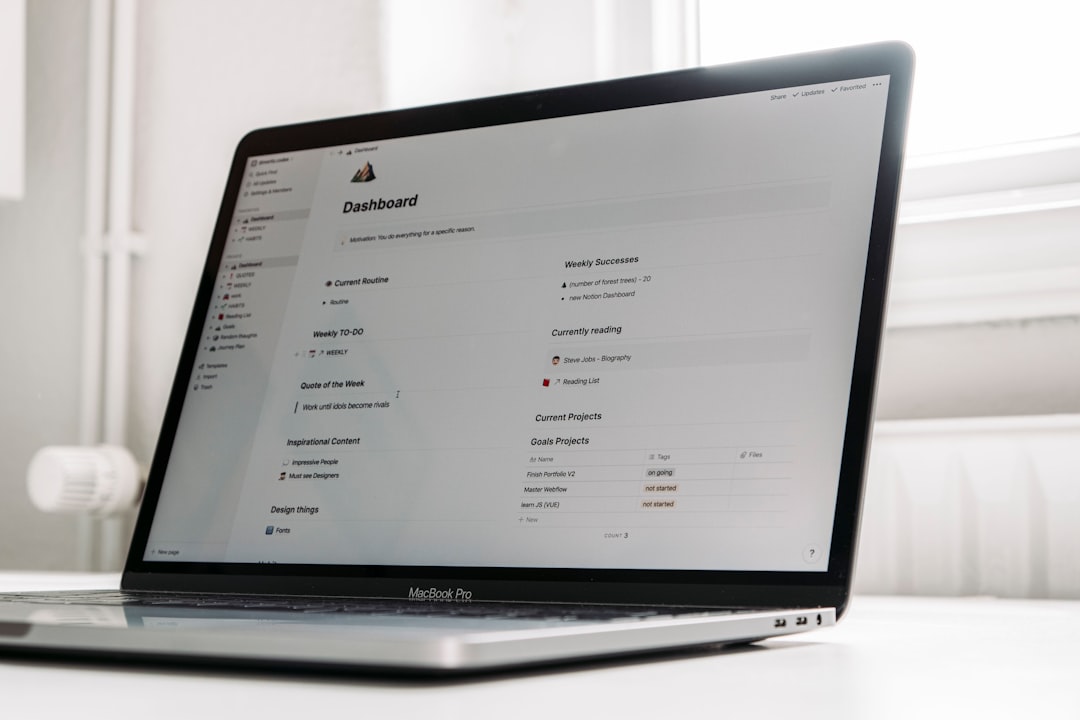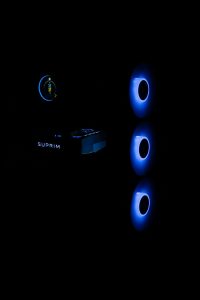
When seeking a reliable domain registrar, many users compare Namecheap and Cloudflare as standout choices. These providers are both well-known in the digital space for offering cost-effective domain services with a few distinct features. But when it comes to registration—buying and managing your domain name—how do they truly compare? This detailed comparison will explore pricing, user experience, DNS services, privacy features, and customer support to help you determine the best platform for your needs.
What Is a Domain Registrar?
A domain registrar is a company authorized to sell domain names, allowing users to register names like yourbusiness.com. These companies manage domain name reservations and provide related services such as DNS management, privacy protection, and domain transfers. Choosing the right registrar is crucial—it affects your site’s uptime, security, and even long-term ownership rights.
Overview of Namecheap and Cloudflare
Namecheap has long held its place as a favorite among website owners for affordable domains, hosting packages, and intuitive management tools. With a strong focus on user-friendliness and budget pricing, Namecheap appeals to anyone from casual bloggers to startups.
Cloudflare, initially known for its CDN and internet security solutions, has more recently entered the domain registration space. However, its approach is entirely different—it charges no markup on domain registrations. Customers pay what Cloudflare pays to registries, making this a revolutionary model in the industry.
Pricing Comparison
This is often the first element most domain buyers examine, and rightly so. A few dollars per year can add up when managing multiple domains or hosting long-term projects.
- Namecheap: Offers domain names starting around $8–$13 per year, with frequent promotions and discounts for first-time buyers. They also offer free WHOIS privacy protection for life.
- Cloudflare: Offers domains at registry cost, with no profit margin. For example, a .com domain costs exactly what the registry charges them (as of this writing, around $8.57).
Cloudflare’s pricing is more transparent and predictable in the long run, while Namecheap offers versatile pricing models and package deals that can be appealing, especially for new users launching their first website.
User Interface and Management Tools
One of the most significant differences between the two platforms is how they allow users to manage their domains.
- Namecheap: Features a modern, intuitive dashboard where users can easily set up domain forwarding, DNS records, and email services. Everything is centralized, making domain management straightforward.
- Cloudflare: Geared toward users who are slightly more technical. Domain management is tied into their already-powerful DNS and web security tools, so the interface can feel complex for a newcomer.
If you’re looking for ease-of-use and visual simplicity, Namecheap may be the better option. Conversely, if you’re comfortable navigating advanced options, Cloudflare provides unparalleled control with superb infrastructure.

DNS Performance and Reliability
Every domain needs DNS (Domain Name System) services to resolve your URL to an actual website. How your registrar handles DNS can impact your site’s speed and downtime.
- Namecheap: Offers its own DNS servers, which are fairly reliable for general use. Power users might prefer to integrate with more robust DNS providers for better performance.
- Cloudflare: Renowned for its DNS speeds and resilience. Their DNS is considered best-in-class, often resulting in faster response times and higher security measures.
Cloudflare clearly wins this round with one of the fastest DNS resolvers on the internet. Their DNS is free and used by millions of websites globally—including giants in the tech industry.
Privacy and Security Features
Privacy is crucial, especially when your contact information and ownership data can become publicly visible through WHOIS databases.
- Namecheap: Provides free WHOIS privacy protection for life on eligible domains. This is a big plus, as many registrars charge extra for it.
- Cloudflare: Also includes WHOIS redaction where applicable. Their system is GDPR-compliant, meaning personal data is hidden when necessary. Transparency is high, but options are more limited than Namecheap.
In terms of security, both platforms offer two-factor authentication and strong account protections, but Cloudflare goes a step further by offering enterprise-grade security to all users—even those with a simple domain registration.
Customer Support and Community
The quality of customer service can significantly influence your experience, especially during high-stress tasks like domain transfers or DNS misconfigurations.
- Namecheap: Offers 24/7 live chat support along with a vast knowledge base. Their support agents are known for being friendly and responsive.
- Cloudflare: Primarily relies on its detailed documentation and community forums. Enterprise and business users have access to direct support, but free users usually troubleshoot via forums or automated systems.
Users who prefer personalized help will likely find Namecheap more supportive, while those confident in researching solutions themselves may roll with Cloudflare and its vibrant developer community.

Additional Features and Integrations
Aside from domain registration and DNS services, each platform provides additional benefits:
Namecheap Extras:
- Website builders
- Email hosting
- VPN service
- One-click WordPress installs for hosting plans
Cloudflare Extras:
- CDN (Content Delivery Network)
- Web Application Firewall (WAF)
- Load balancing
- Zero Trust tools for advanced security
If you’re looking for a one-stop shop for web services including hosting, Namecheap is the more comprehensive choice. However, Cloudflare excels as a complementary service for performance and security once your website is live.
When to Choose Namecheap
Choose Namecheap if you:
- Are new to domain management and prefer a user-friendly interface
- Want bundled services like website hosting, email, and VPN
- Value responsive customer support
- Prefer upfront promotional pricing and lifetime WHOIS protection
When to Choose Cloudflare
Choose Cloudflare if you:
- Are technically savvy and prioritize raw affordability
- Seek high-performance DNS and serious security features
- Want to integrate your domain with Cloudflare’s free CDN and firewall
- Prefer transparency in domain pricing with no upsells
Final Verdict: Who Takes the Crown?
Both Namecheap and Cloudflare offer commendable features, but they shine in different areas. For the average user or beginner, Namecheap provides a fully integrated ecosystem, helpful support, and a gentle learning curve. Meanwhile, more technical users may gravitate toward Cloudflare for unparalleled DNS speed, zero-markup pricing, and robust internet infrastructure.
Ultimately, the “best” choice for domain registration depends on your goals. Are you planning to manage several domains and launch projects quickly? Go with Namecheap. Want to cut all markups and maintain tight control over a fast, secure DNS setup? Cloudflare may be your ideal companion.
Whatever path you choose, rest assured that both platforms are trusted by millions and serve as strong foundations for building your online presence.






